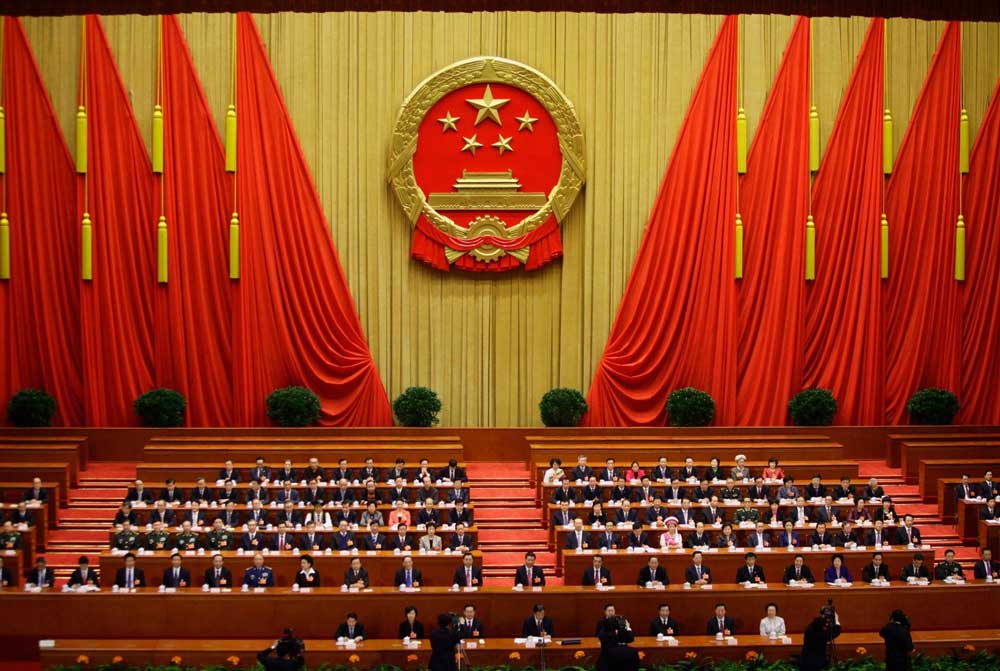The January 2023 issue of the Journal of Democracy includes an essay from Micheal Beckley of Tufts University and Hal Brands from the John Hopkins School of Advanced International Studies titled China’s Threat to Global Democracy. The essay is adapted from the authors’ book, Danger Zone: The Coming Conflict with China (2022).
Here are some excerpts from the essay:
“To grasp the Chinese challenge, we must grasp its ideological dimensions. If Woodrow Wilson and his followers wanted to make the world safe for democracy, the PRC’s rulers want to do the same for autocracy. For them, autocracy is not simply a means of political control or a ticket to self-enrichment, but a set of deeply held ideas about the proper relationship between rulers and the masses.”
“Belief in the superiority of an autocratic Chinese model coexists with deep insecurity: The PRC is a brutally illiberal regime in a world led by a liberal hegemon, a circumstance from which the CCP draws a sense of pervasive danger and a strong desire to refashion the world order so that the PRC’s particular form of government is not just protected but privileged. That is why a powerful but anxious Chinese regime is now engaged in an aggressive effort to make the world safe for autocracy and to corrupt and destabilize democracies.”
“Whereas previous Chinese administrations espoused “stability maintenance,” the focus under Xi is on threat prevention. Chinese documents compare popular outbursts to cancerous tumors that need to be cut out quickly before they spread to vital organs of the state. Ideologies that could rival communism, including liberalism and Islamism, are seen as infectious diseases against which China’s population must be immunized.”
The author’s argue that “China’s ideological assault is especially threatening” for three reasons:
“First, China’s global reach is more pervasive than that of any prior illiberal power. Its massive economy and 1.4 billion consumers arm it with powerful carrots and sticks to silence free speech far beyond its borders. In addition to economic weapons, China holds leadership posts in the UN and other major international institutions that give Beijing chances to bend global governance in an illiberal direction.”
“Second, China’s illiberal campaign capitalizes on a disturbing global trend: As Freedom House reports, authoritarianism has spread during every year since 2006, while democracy has retreated. This “democratic recession” has given China a window of ideological opportunity to promote a vision of a hierarchical and harmonious society and a critique of a disorderly and decadent West.”
“The third and most important factor supercharging China’s efforts is the ongoing digital revolution. The CCP possesses data-collection and messaging power to rival that of Apple, Amazon, Facebook, Google, and Twitter. By combining artificial intelligence (AI) and “big data” with cyber, biometric, and speech- and facial-recognition technologies, Beijing is pioneering a system that will allow dictators to know everything about their subjects—what people are saying and viewing, whom they hang out with, what they like and dislike, and where they are located at any given time.”
“China’s ideological offensive is thus at the heart of its effort to reshape the global order. A crucial part of the democratic world’s China strategy, therefore, must involve securing democratic institutions against authoritarian assault. If democracy promotion has a bad name, democracy protection is becoming indispensable.”
For More: https://www.journalofdemocracy.org/articles/chinas-threat-to-global-democracy/


